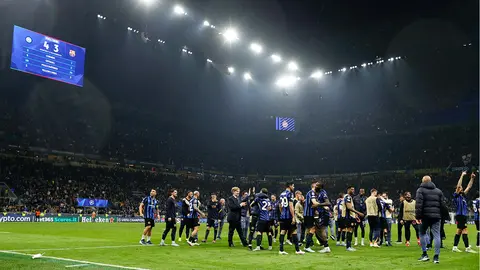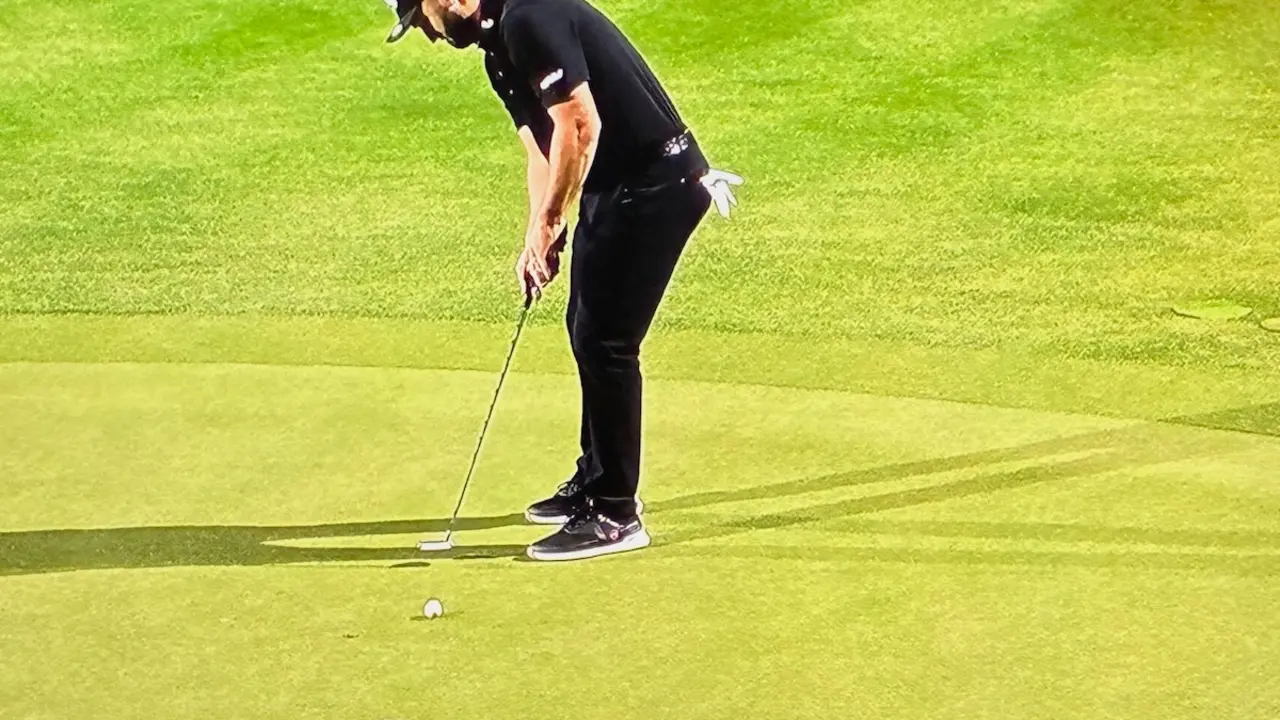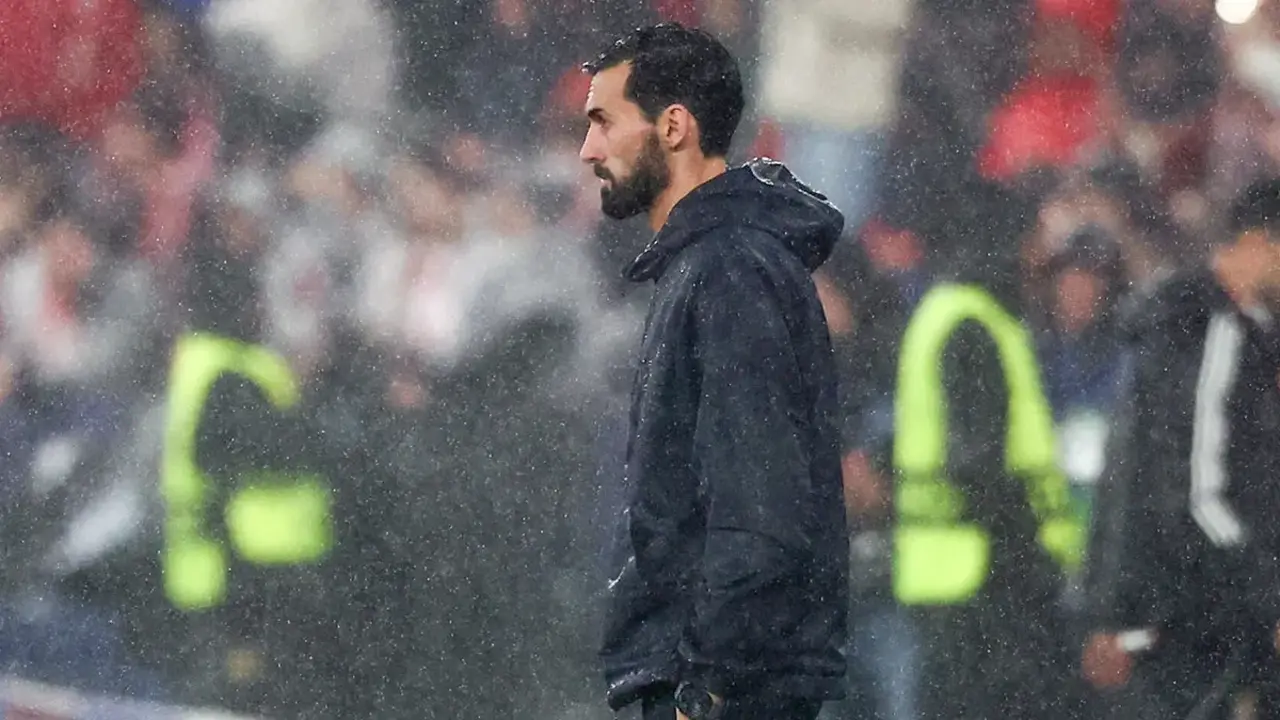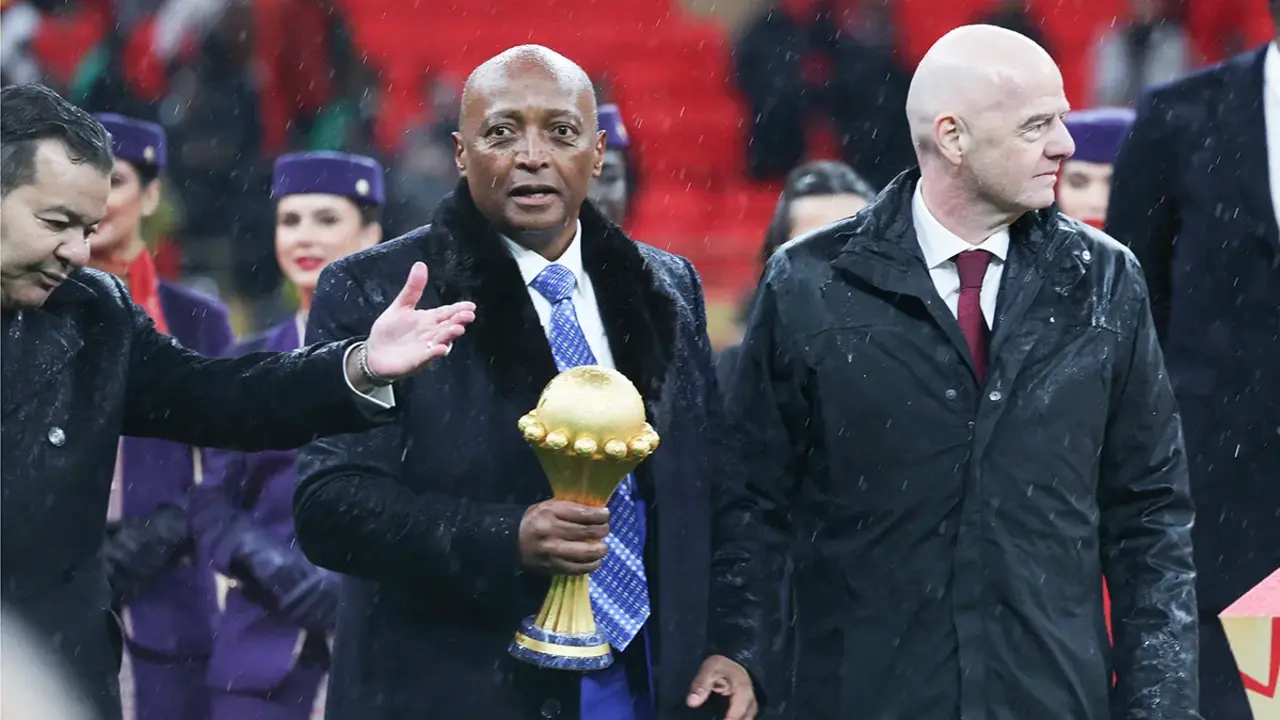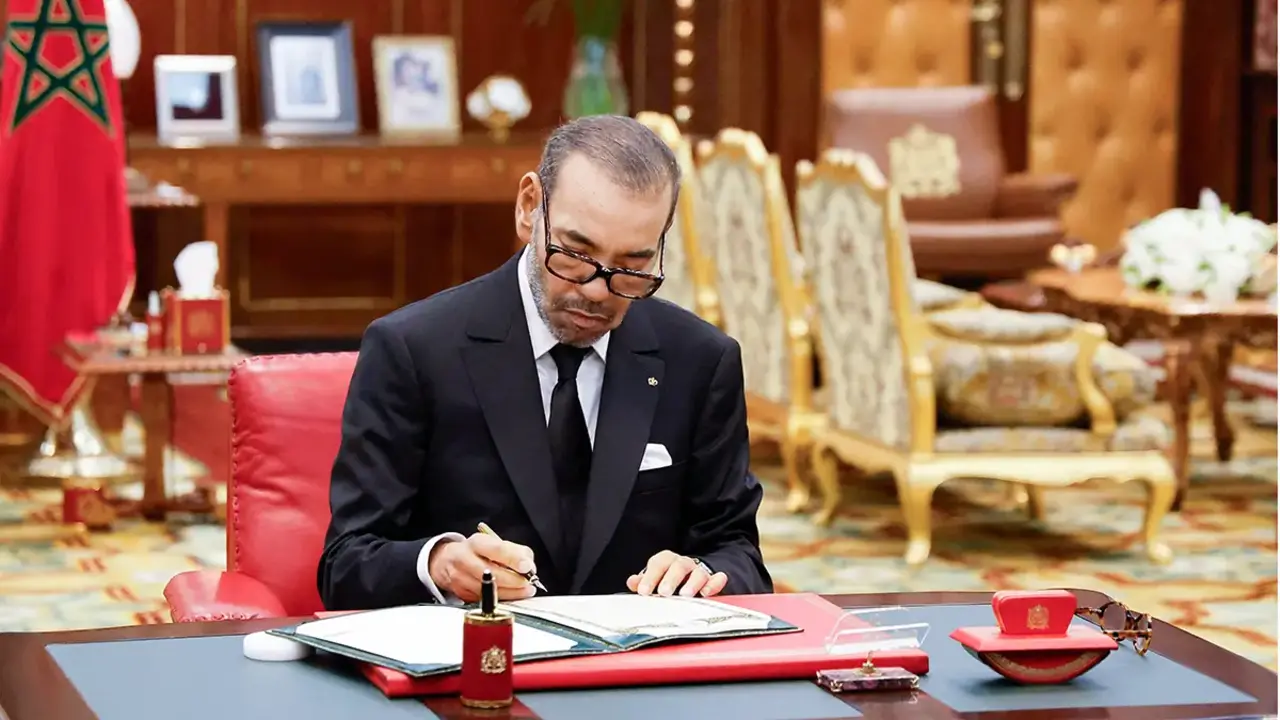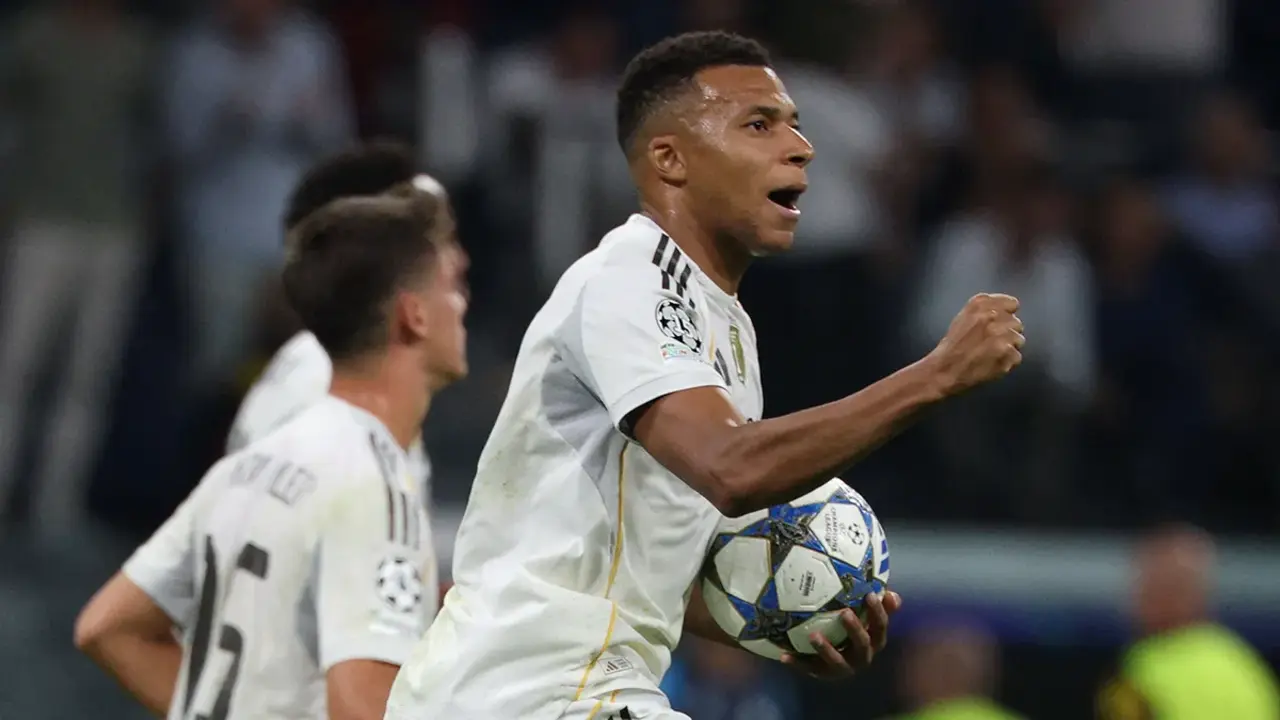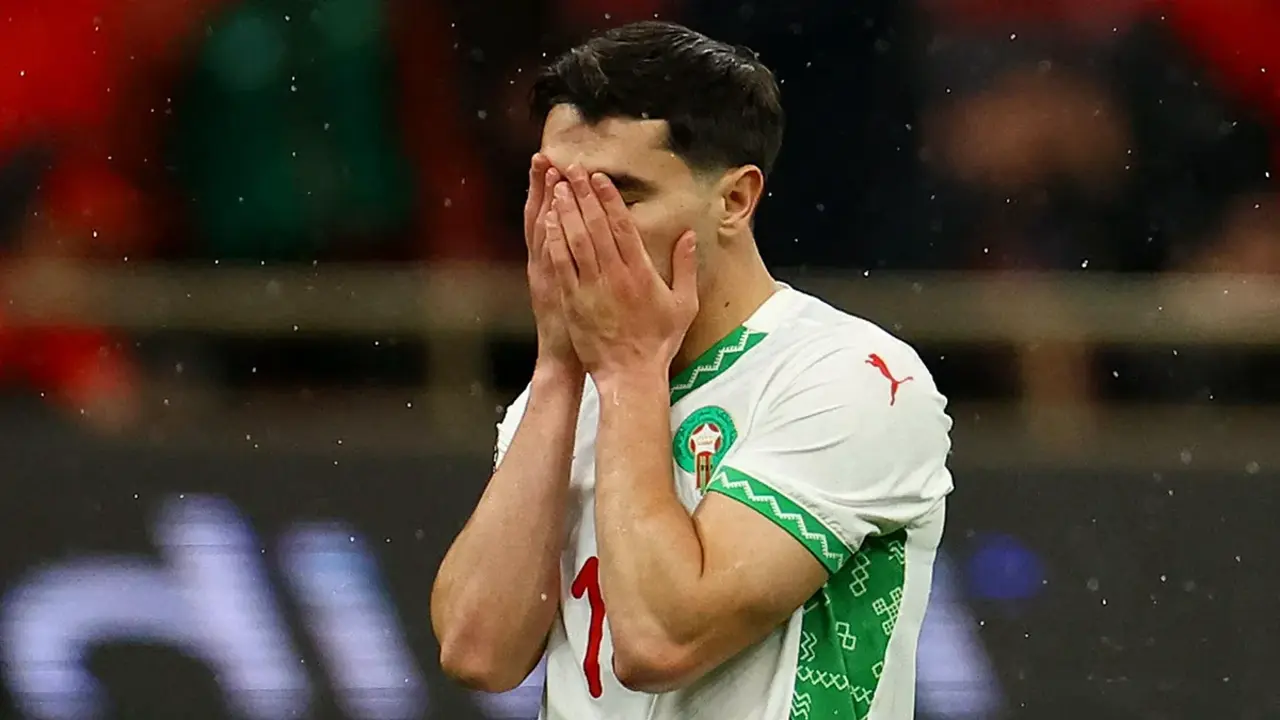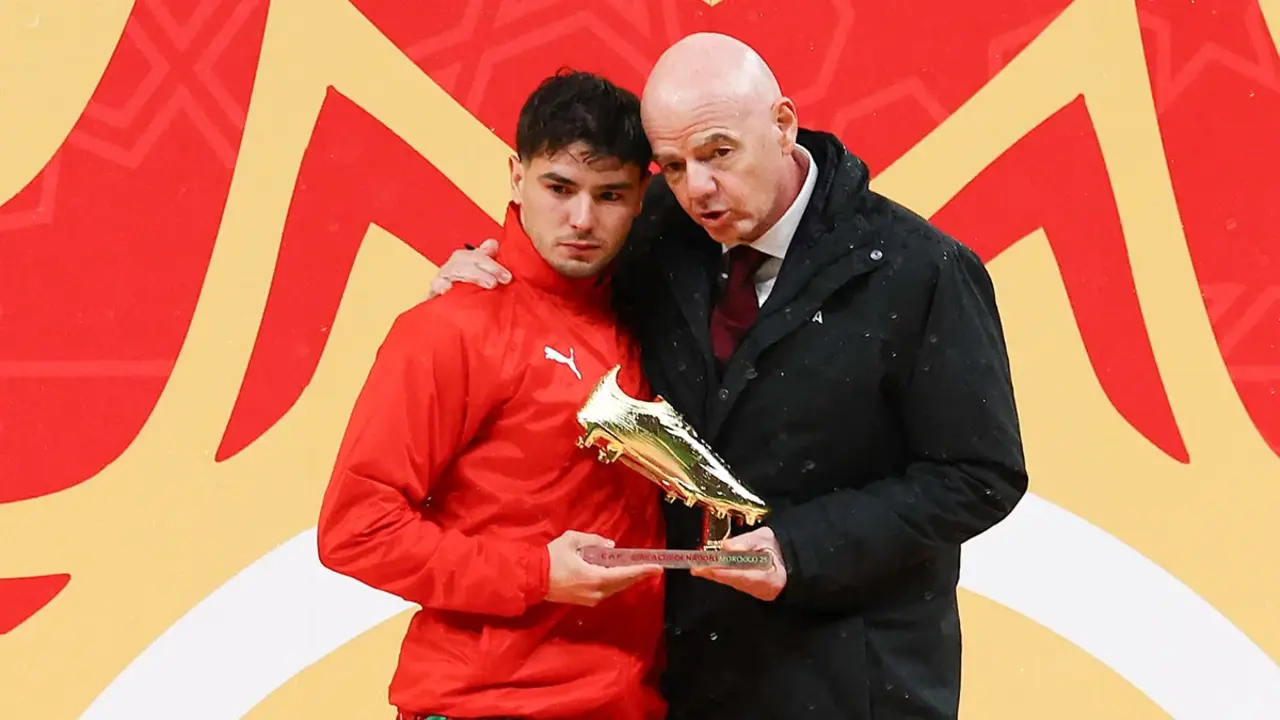Luis Enrique and Achraf lead PSG to European glory
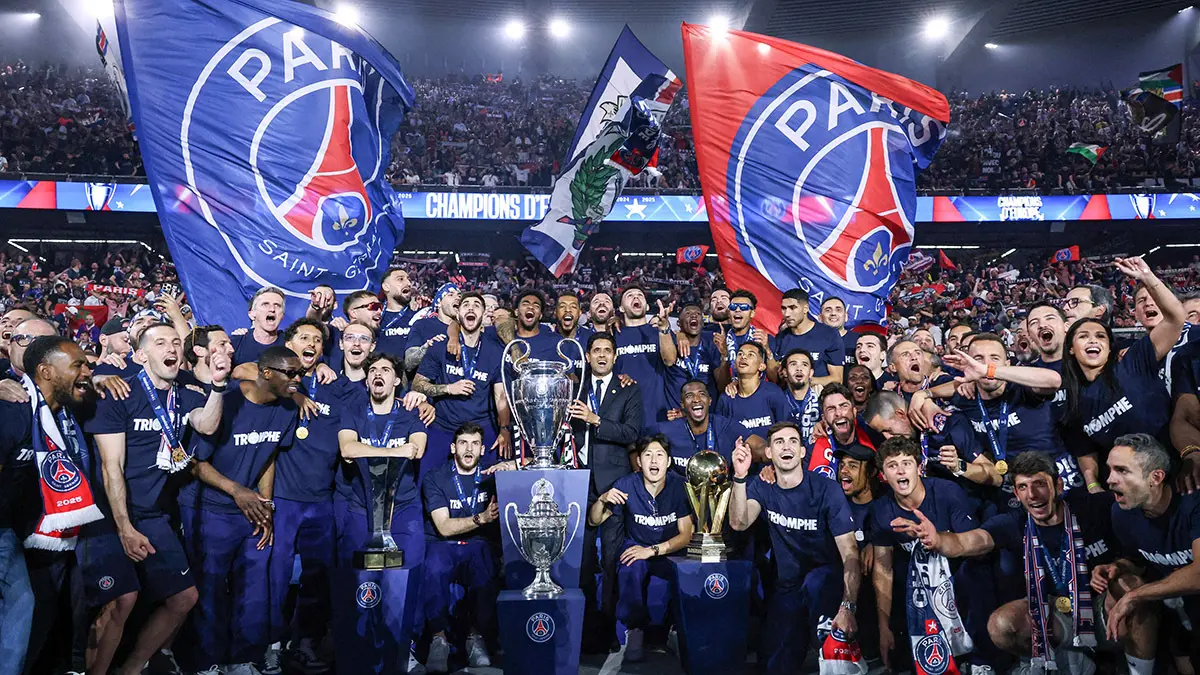
Paris Saint-Germain has finally broken the curse that haunted it in Europe and has been crowned UEFA Champions League champion after a historic 5-0 win over Inter Milan in Munich.
Luis Enrique achieved an unprecedented treble with Ligue 1 and the French Cup to enter the Hall of Fame of Europe's greatest coaches. The Parisian club, after years of multi-million-pound investments and failed projects, reached the pinnacle of European football in a year marked by a change of model following the departure of Mbappé and the arrival of Luis Enrique.
The recent history of PSG cannot be understood without the arrival on the scene in 2011 of the Qatar Investment Authority, which acquired 70% of the club for around 50 million euros. Since then, the club has spent more than 2.2 billion euros on signings. It first bet on established stars such as Neymar, Mbappé, Messi, Ramos, Marquinhos and Keylor Navas, and in recent years has shifted towards a younger model with fewer stars. This policy has raised the club's value to 4.4 billion dollars and made PSG a global visibility tool for Qatar, far beyond the 2022 World Cup, where Messi's victory as a PSG player against France became almost a matter of state.
Paradoxically, the long-awaited European title comes in the first season after Mbappé's departure and after abandoning the strategy of signing big-name players in favour of young talent and a solid team led by Luis Enrique as the magnet for the spotlight and criticism, a role in which the Asturian feels comfortable.Beyond sporting success, Qatari investment has transformed the PSG brand and placed it at the epicentre of world football.
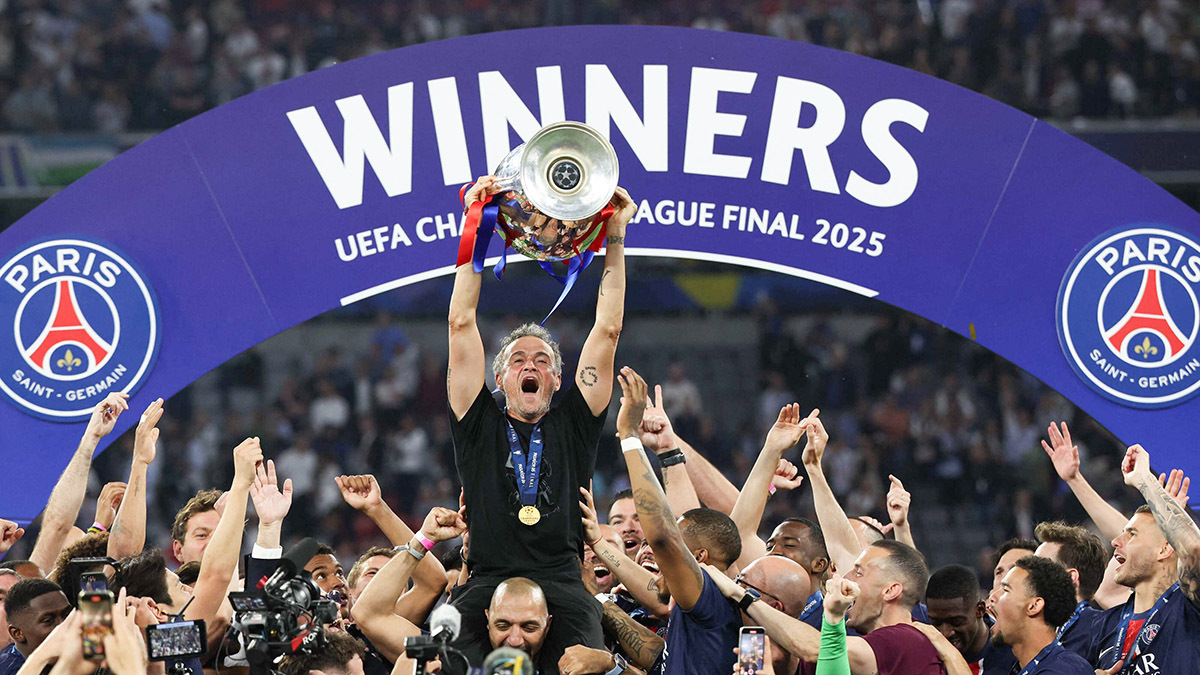
Luis Enrique: the architect of glory
The arrival of Luis Enrique on the Parisian bench in 2023 marked the beginning of a tactical and mental revolution after years marked by coaches such as Pochettino, Emery and Ancelotti. The Asturian coach, who won the Champions League with Barcelona in 2015, has managed to rebuild the team after the departure of its big stars, forcing them to play as a unit, press high and show total commitment. His approach in the final was impeccable: PSG dominated from start to finish, nullifying Inter and showing a maturity that has grown with each game, including last season's elimination at the hands of Dortmund.
Luis Enrique also experienced the final in Munich with a special emotional charge, dedicating the victory to his daughter Xana, who died in 2019, and wearing a shirt in her honour during the celebrations. The Spanish coach thus joins the select group of coaches who have won the Champions League with two different clubs, something of which Pep Guardiola, one of the few to have achieved this feat, was particularly proud, describing the former coach as a ‘friend’.
But there is one name that shines particularly brightly at PSG. Achraf Hakimi Mouh was born in Madrid, in the Getafe neighbourhood, on 4 November 1998, into a Moroccan family who emigrated to Spain in search of a better future. His childhood was marked by sacrifice: his mother worked as a cleaner and his father was a street vendor. ‘We were poor and needed a lot of help. My parents gave everything so that I could train and fulfil my dream,’ he revealed in an interview. Football was his escape from childhood, playing in the streets and at his local club, Deportivo Colonia Ofigevi, where he began to stand out for his speed.
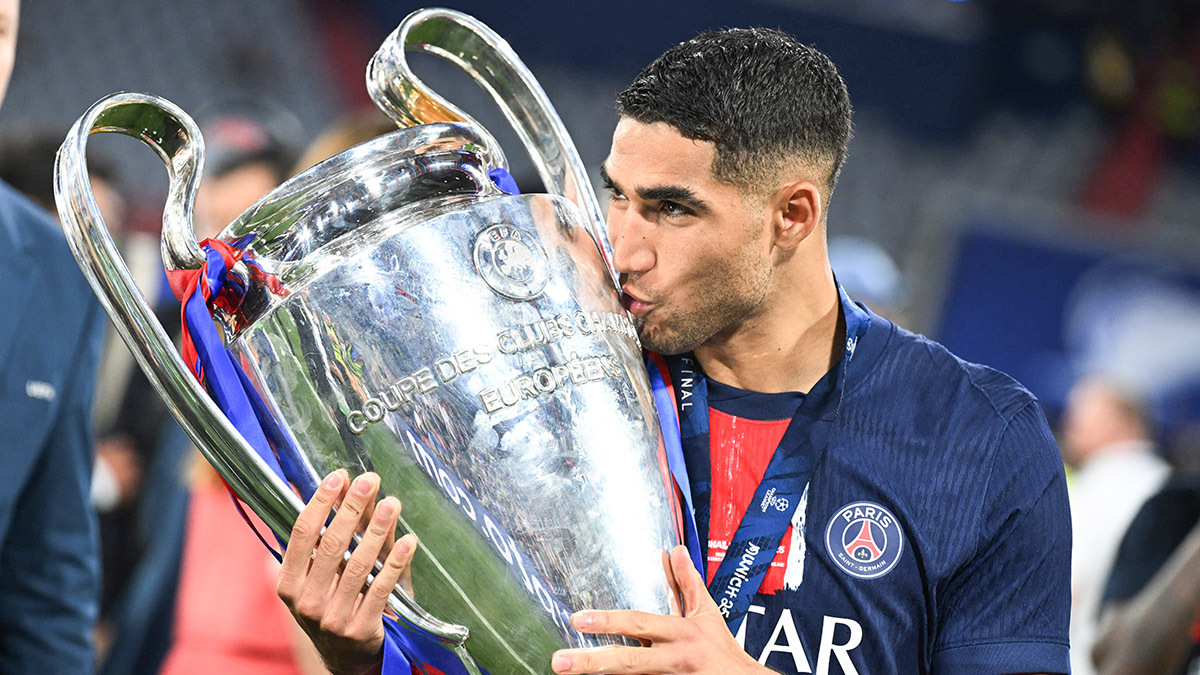
A Real Madrid scout spotted his talent and, at just seven years old, Hakimi joined the club's youth academy. He progressed through the ranks until making his first-team debut in the 2017-2018 season, where he won the Champions League and the Club World Cup. However, due to a lack of playing time, he was loaned to Borussia Dortmund, where he exploded as one of the most promising full-backs in Europe, and later signed for Inter Milan, with whom he won Serie A and his second Champions League final in Munich.
In 2021, with the pandemic still weighing heavily on world football, PSG made a big bet on him, paying 68 million euros for his transfer to make him one of the most expensive defenders in the club's history. Hakimi has established himself as a key player in the Parisian line-up, contributing both in defence and attack, and playing a crucial role in winning the Champions League with the first of five historic goals.
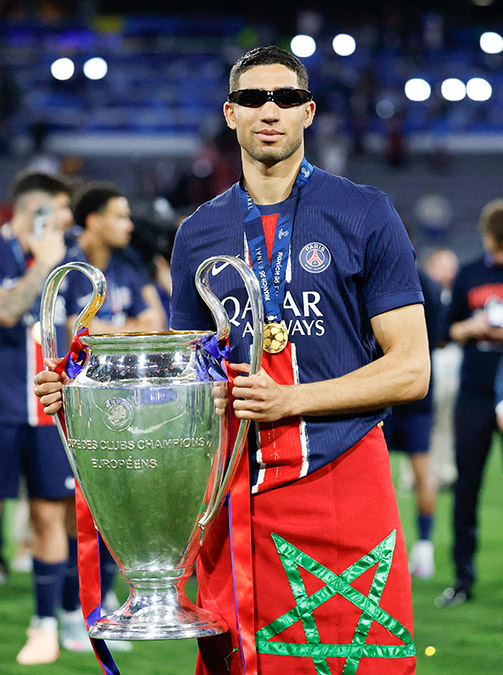
Love for Morocco and his role as a national idol
Although born and raised in Spain, Hakimi never hesitated when choosing which national team to represent. Since 2016, he has been a full international for Morocco, a country to which he feels a deep attachment and to which he has brought great joy, such as his role in the 2022 World Cup in Qatar. His Panenka-style penalty against Spain in the round of 16 made him a national hero and a symbol of a generation that looks to Europe without forgetting its roots.
Hakimi is not only a sporting icon, but also an example of determination and pride for the Moroccan people beyond their borders. He has always acknowledged his parents' efforts and his love for Morocco: ‘I play for my family and my country, that's what gives me strength.’
PSG's victory in the 2025 Champions League is the culmination of a decade of investment, strategy and transformation. At the heart of this success, figures such as Luis Enrique and Achraf Hakimi symbolise the club's new direction: a team less dependent on stars and more committed to the collective.

